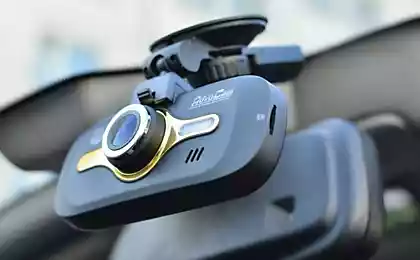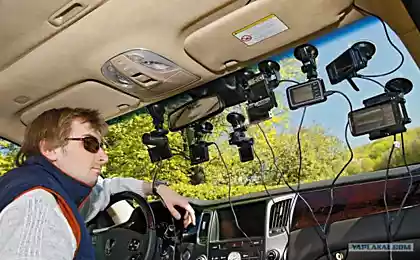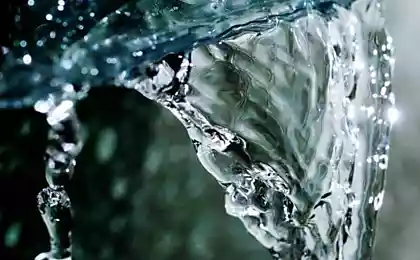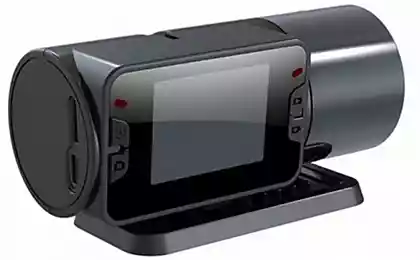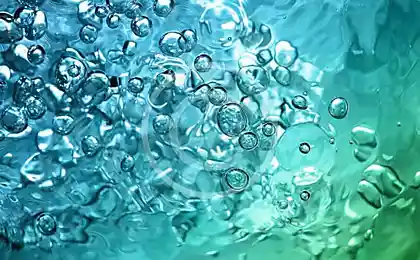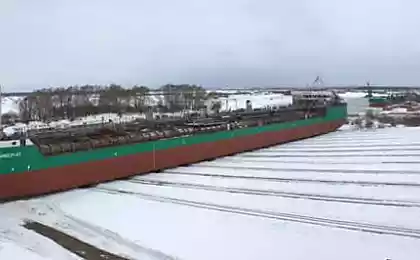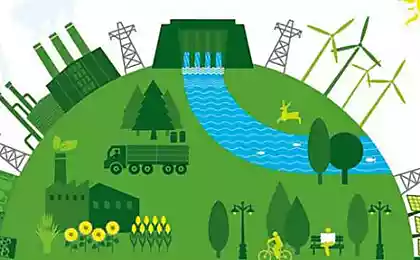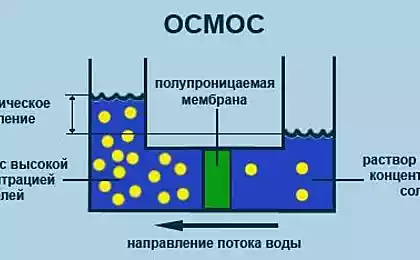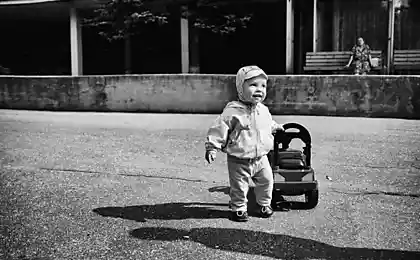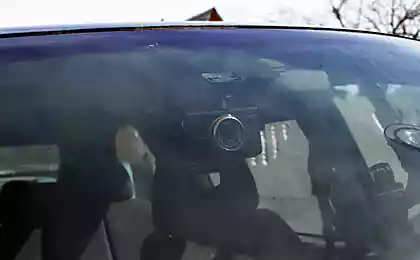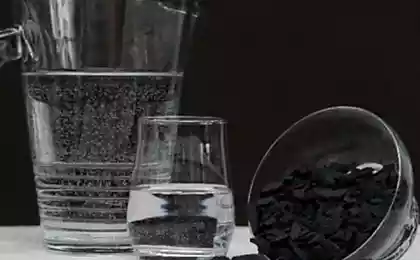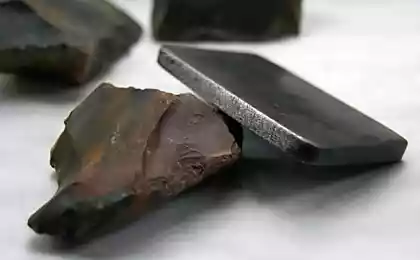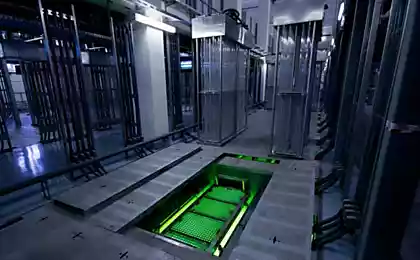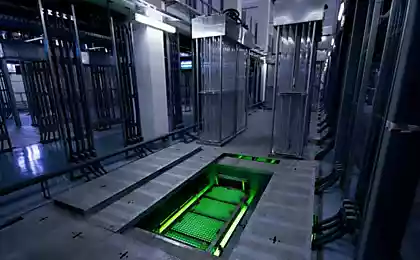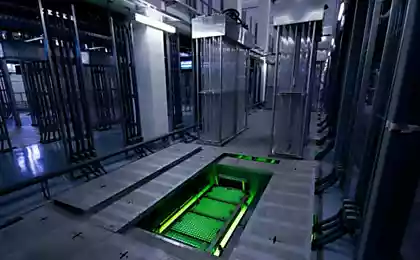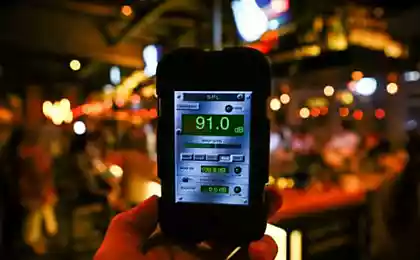433
The Registrar hears the noise leaks and saves water
In the traditional water distribution system for about 30 percent of treated water is lost due to a simple, fixable leaks, but these problem areas are often underground and their exact location difficult to determine.
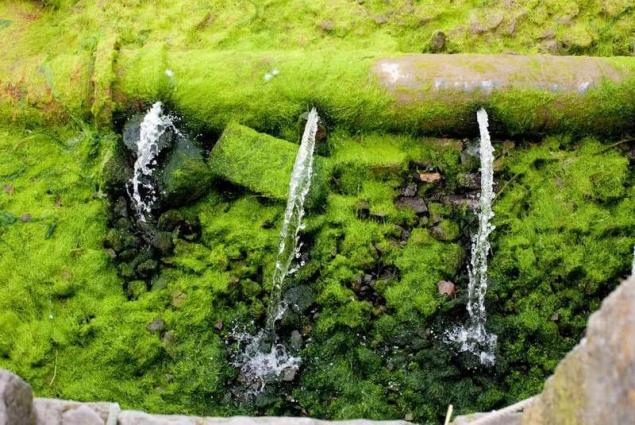
Canadian researchers from Concordia University have developed a technique that greatly helps in solving this problem using a special "noise recorder" — a device detects underground leaks with accuracy up to 99.5 percent.
Many perceive constant access to clean drinking water for granted, but in fact is a global problem and every year it's getting worse, if nothing changes, about a third of the world's population lose the ability to clean water by 2025, according to a recent MIT study.
The research team of Concordia University, decided to focus on improving existing systems, developing an accurate method for leak detection, which, as scientists believe, responsible for the loss of, on average, 20 to 30 percent get drinking water. The old system of water supply can be even less efficient, wasting up to half the transported volume.
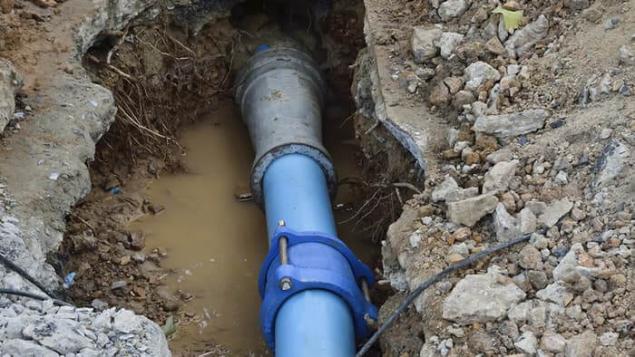
If you want to fix the leak, it is important to know exactly where the problem is, but excavation work and the subsequent restoration of the surface are expensive, and mistakes can double the cost of the process.
The decision of the researchers includes the installation of "Registrar noises" throughout the water distribution network, using them to record the noise and determine the exact location of leaks. Blocks with magnets attached to the observation manholes, valves or hydrants throughout the network, turning on at a specified time — usually at night when background noise is minimal — to record measurements of volume of noise and its propagation, for two hours.
Devices powered by batteries, they are height 12.3 cm, width 5 cm, and the weight of one is only 700 g. If the noise recorded by the Registrar, within the period of its operation is consistent, then most likely it is a leak. With the data technology team of the University then use predictive mathematical modeling to determine the precise location of individual leaks.
"This approach can reduce the duration of leakage and the cost and time in search of a place that is in need of repair," said Professor and co-author of development Tarek Zayed (Zayed Tarek).
The team tested their technique in Qatar, a country that has the lowest rates of precipitation and some of the highest evaporation rates in the world. The problem of water loss, believed to be one of the biggest in the country, the water distribution system loses up to 35% of water due to leakage.
Placing noise loggers on the main water supply network of the University of Qatar, the team was able to collect data and process them using mathematical models to determine the locations of leaks. After checking identified this system with 99.5% accuracy.
In the future, the team intends to test the technique in other places, improving the model determining the location of leaks.
P. S. And remember, only by changing their consumption — together we change the world! ©
Source: facepla.net/the-news/tech-news-mnu/5492-%D0%BF%D1%80%D0%BE%D1%82%D0%B5%D1%87%D0%BA%D0%B0-%D0%B2%D0%BE%D0%B4%D1%8B.html

Canadian researchers from Concordia University have developed a technique that greatly helps in solving this problem using a special "noise recorder" — a device detects underground leaks with accuracy up to 99.5 percent.
Many perceive constant access to clean drinking water for granted, but in fact is a global problem and every year it's getting worse, if nothing changes, about a third of the world's population lose the ability to clean water by 2025, according to a recent MIT study.
The research team of Concordia University, decided to focus on improving existing systems, developing an accurate method for leak detection, which, as scientists believe, responsible for the loss of, on average, 20 to 30 percent get drinking water. The old system of water supply can be even less efficient, wasting up to half the transported volume.

If you want to fix the leak, it is important to know exactly where the problem is, but excavation work and the subsequent restoration of the surface are expensive, and mistakes can double the cost of the process.
The decision of the researchers includes the installation of "Registrar noises" throughout the water distribution network, using them to record the noise and determine the exact location of leaks. Blocks with magnets attached to the observation manholes, valves or hydrants throughout the network, turning on at a specified time — usually at night when background noise is minimal — to record measurements of volume of noise and its propagation, for two hours.
Devices powered by batteries, they are height 12.3 cm, width 5 cm, and the weight of one is only 700 g. If the noise recorded by the Registrar, within the period of its operation is consistent, then most likely it is a leak. With the data technology team of the University then use predictive mathematical modeling to determine the precise location of individual leaks.
"This approach can reduce the duration of leakage and the cost and time in search of a place that is in need of repair," said Professor and co-author of development Tarek Zayed (Zayed Tarek).
The team tested their technique in Qatar, a country that has the lowest rates of precipitation and some of the highest evaporation rates in the world. The problem of water loss, believed to be one of the biggest in the country, the water distribution system loses up to 35% of water due to leakage.
Placing noise loggers on the main water supply network of the University of Qatar, the team was able to collect data and process them using mathematical models to determine the locations of leaks. After checking identified this system with 99.5% accuracy.
In the future, the team intends to test the technique in other places, improving the model determining the location of leaks.
P. S. And remember, only by changing their consumption — together we change the world! ©
Source: facepla.net/the-news/tech-news-mnu/5492-%D0%BF%D1%80%D0%BE%D1%82%D0%B5%D1%87%D0%BA%D0%B0-%D0%B2%D0%BE%D0%B4%D1%8B.html
Second life of plastic bottles in the home garden
July: work in the garden, vegetable garden, flower garden
